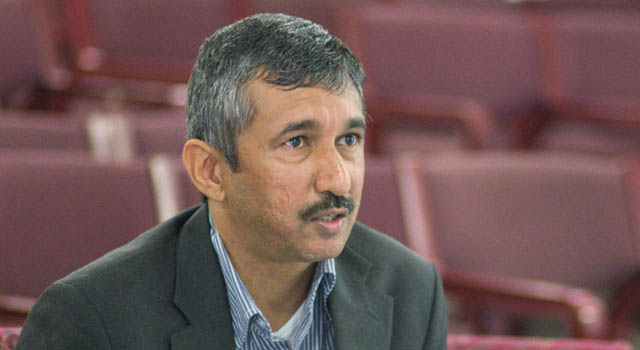
Mindset Media Enterprises, the commercial arm of the not-for-profit Mindset Network, has applied for a pay-television licence to bolster its existing educational and health content offerings.
However, Kagiso Media, which is also seeking a licence from the Independent Communications Authority of South Africa (Icasa) to launch a commercial bouquet of channels, has argued at public hearings that as noble as Mindset’s intentions are, a pay-TV service licence is not appropriate.
Mindset Network was established in 2003 to support education and health in South Africa. It supplies channels to DStv, to Sentech’s Vivid platform, and to TopTV. It also offers a health channel on Vivid that is broadcast in public health facilities around the country.
Mindset Media Enterprises is the “social enterprise arm” of the company and was formed to “commercialise the broadcasting activities of Mindset Network,” says CEO Roith Rajpal. The proposed Mindset TV is, in turn, a division of Mindset Media Enterprises.
Rajpal says its existing offerings are insufficient to meet demand and that it’s clear that improving education in South Africa is imperative. Television, he says, is a great medium to use for education and can be tailored to provincial education systems and curricula where necessary.
Mindset TV proposes using satellite broadcasts and Rajpal says it has developed a cost-effective method of providing multiple channels, with the ability to reach teachers and pupils across all grades and to support multiple provincial education systems.
Mindset has already secured support from a satellite provider for capacity — it won’t say which one — and has content development in place, having spent a decade in the business. It has production facilities and broadcast infrastructure in place, along with installation and support mechanisms.
But Justine Limpitlaw, an electronic communications lawyer representing Kagiso Media, says there is a “fundamental mismatch between Mindset’s application and what these licences are for”.
“Mindset is availing itself to apply for a commercial subscription service when it is in fact something else,” she says. A potential stumbling block for Mindset’s application is that it “proposes to violate” an Electronic Communication Act provision that most funding come from subscription fees, not from advertising. Finally, Limpitlaw says Mindset may not meet the economic empowerment requirements licensees face.
Rajpal disputes Limpitlaw’s assertions and says that Mindset “has been running operations using a cost effective model for 10 years”. Mindset, he says, intends to “run a purely educational service as cost effectively as possible. Costs will be very carefully managed so that the revenues that need to be generated aren’t those needed by a traditional entertainment service.
“While the model is still being finalised, the potential for provinces to pay subscriptions per school is very manageable and will cover all our costs and allow us to make a bit of profit on top of that.”
Rajpal says this means the company will easily meet the requirement that subscription fees outweigh advertising revenues.
Regarding the category of licence for which Mindset is applying, namely a commercial subscription service licence, Rajpal says Mindset is simply “taking the opportunity that’s available”.
“It’s a new model, certainly, but we’ve given significant thought to — and had discussions with national and provincial departments — about how the model will work,” he adds.
The SABC has also raised concerns about how Mindset intends distributing its broadcasting signal. Rajpal says signal distribution will be done by Traffic Corporate Communications, a company within Mindset that has applied for the necessary licences to provide uplink services.
Icasa is holding public hearings into applications for new pay-TV licences until Friday. — (c) 2013 NewsCentral Media




